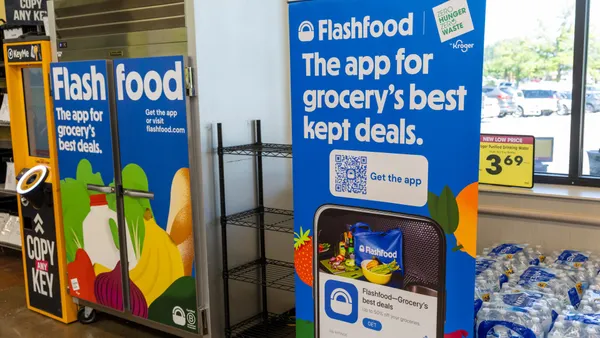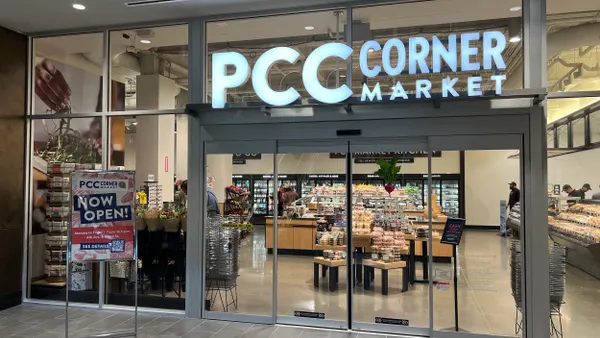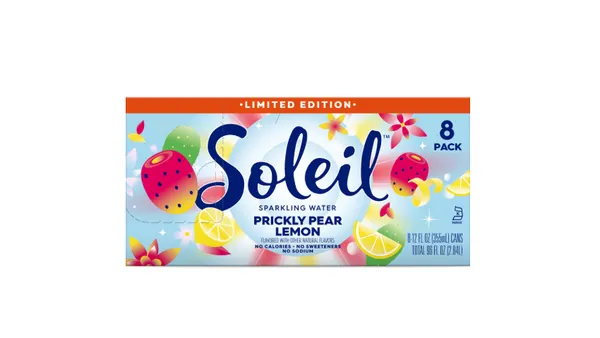Dive Brief:
- As drivers of major market trends, health-conscious consumers represent a $285 billion annual opportunity to grocers, according to a Dunnhumby report released Tuesday.
- Natural Grocers, Amazon Fresh and The Fresh Market are the top grocers catering to this customer segment, with 60% of their shoppers focused on health compared to the average of 32% served by other U.S. retailers, Dunnhumby found.
- In comparison to their less health-focused counterparts, health-conscious shoppers care more about quality and less about price, the report noted.
Dive Insight:
Dunnhumby’s findings indicate that shoppers focused on their health and well-being can be a financially lucrative customer demographic for supermarkets.
Health-focused consumers account for about 20% of the $1.7 trillion-dollar grocery industry, and retailers who over-index to this shopper segment record an average 7% growth rate in long-term grocery sales, the firm found. In a report issued last year, Dunnhumby predicted health and wellness would be a top trend driving consumer behavior over the next three decades.
Health-conscious consumers comprise a third of the U.S. population. They tend to be younger, have more children, have higher incomes and larger monthly budgets for grocery shopping, according to the report. These shoppers also show a greater preference for omnichannel shopping and loyalty programs than consumers who are less focused on their health, Dunnhumby found.
Gen Z, in particular, can be a key shopper cohort for grocers looking to nab health-conscious shoppers. Dunnhumby found that 61% of Gen Z consumers said they are focused on mental health — 15 points higher than among people between the ages of 45 and 54 and double that of people 75 and older.
“As the grocery landscape continues to evolve, understanding and adapting to these health-centric consumer trends will be crucial for retailers and brands aiming to remain competitive in an increasingly wellness-oriented market,” Dunnhumby President of the Americas Matt O’Grady said in a statement.
When grocery shopping, health-conscious consumers tend to focus on fresh produce and meat, organic and free-from products, smaller brands, dedicated organic sections and sustainability efforts, the report noted. Key categories for these consumers include seafood, ready-to-eat foods, fresh produce, alcoholic beverages, baby care and deli meat.
To boost their appeal to health-minded consumers, retailers are innovating in their local, organic and private brand assortments; providing personalized nutrition services; and sharing sustainability initiatives, Dunnhumby noted. Health services offer a way to capture a bigger share of wallets dedicated to wellness, and with certain diets such as keto, low carb and low sugar on the rise, grocers have opportunities to better cater to shoppers following specific dietary plans, the report noted.
The report is based on an analysis of the 73 largest U.S. retailers in the grocery industry and consumer surveys conducted by Dunnhumby.
"With health and wellness predicted to be the most critical trend for decades, retailers and brands have unprecedented opportunities to meet emerging customer needs," O’Grady said.












